Webern Variations
Notes
Webern's "Concerto for Nine Instruments" is built entirely out of a single 3-note pattern, (prime form: 014)
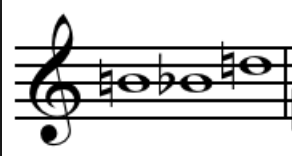
which is repeated hundreds of times in various rhythms, articulations, ranges, dynamics, transpositions, transformations, and instrumentations.
The piece is also 12-tone:
the trichord that Webern used tesselates into a 12-note row,
using one of each of the four classical transformations of the trichord
(original, inversion, retrograde, and retrograde-inversion).

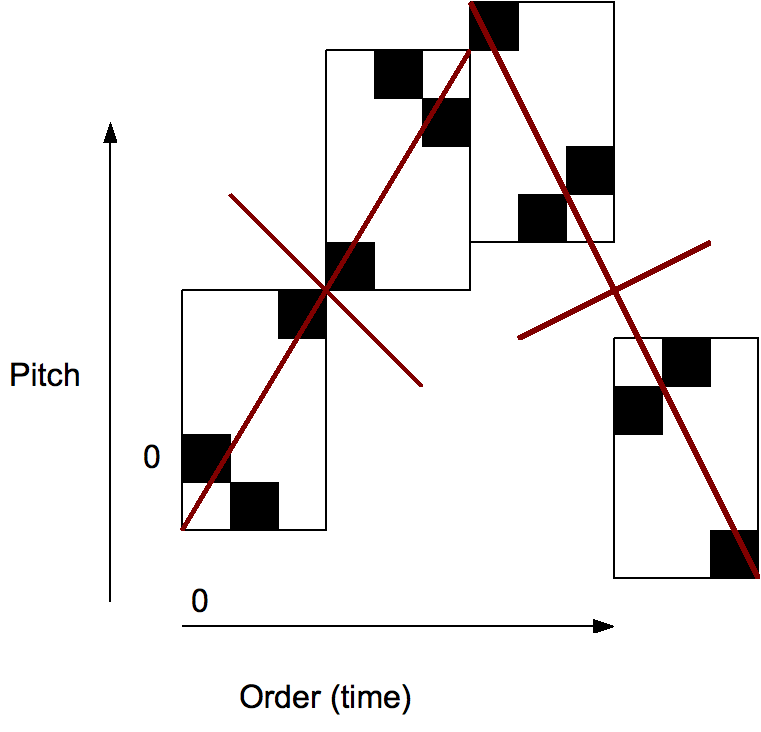
which is then orchestrated into a score:
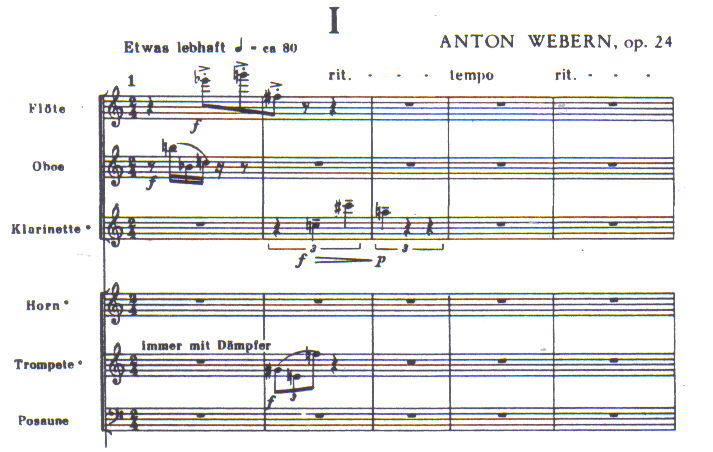
In addition to the trichord (014) that Webern used,
there are 10 other trichords that have the same ability to tesselate into a 12-note set using the 4 classical transformations.
For example, the trichord with prime form (025)
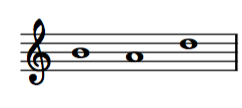
forms a row:

and is orchestrated like Webern's original into a score:
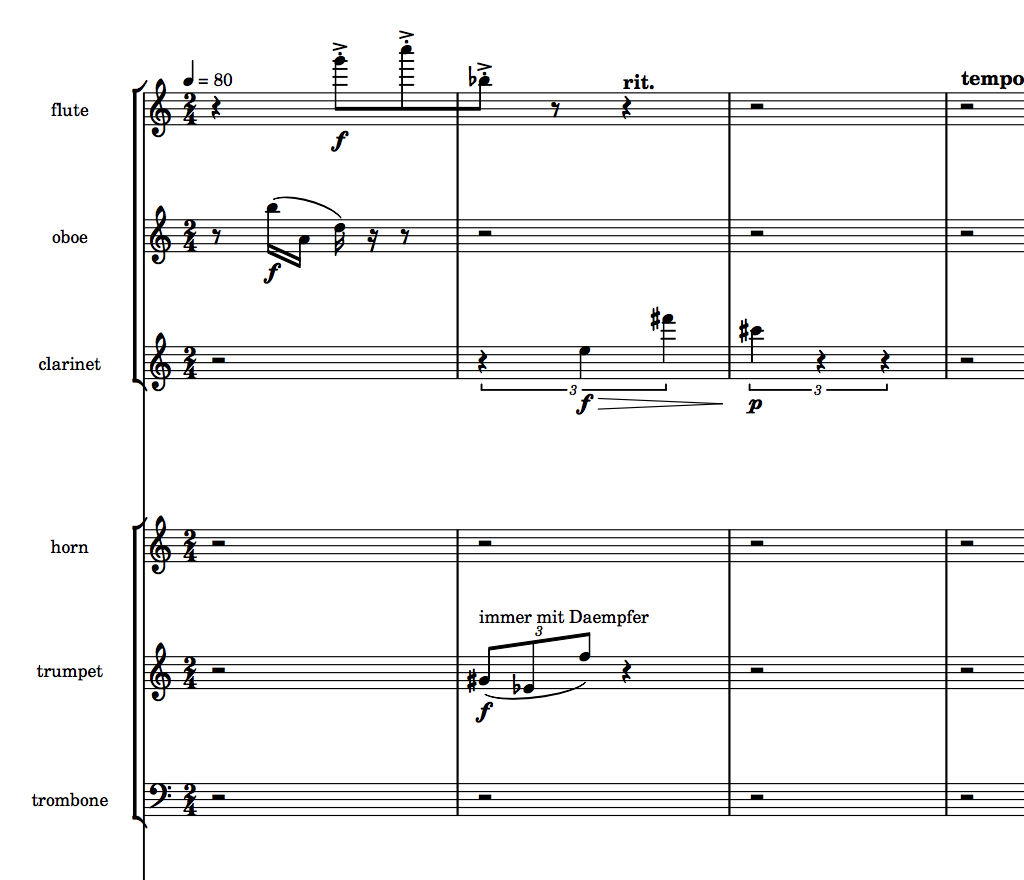
This is an album of 10 alternate versions of Webern's Concerto,
each using a different foundational trichord,
but keeping all other aspects and relationships of the piece as identical as possible.